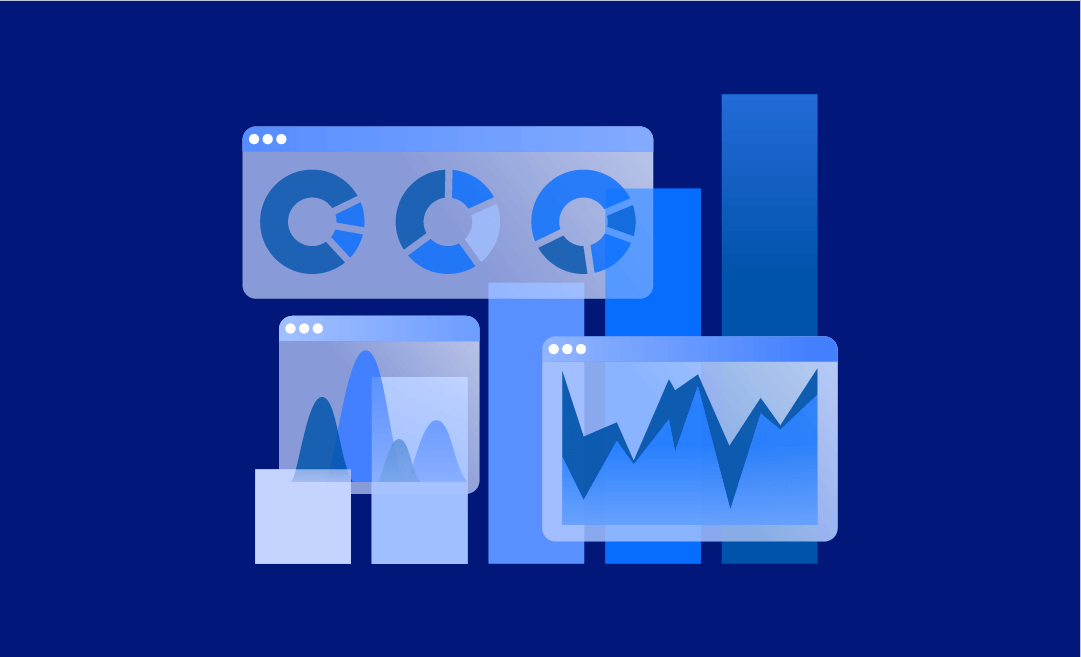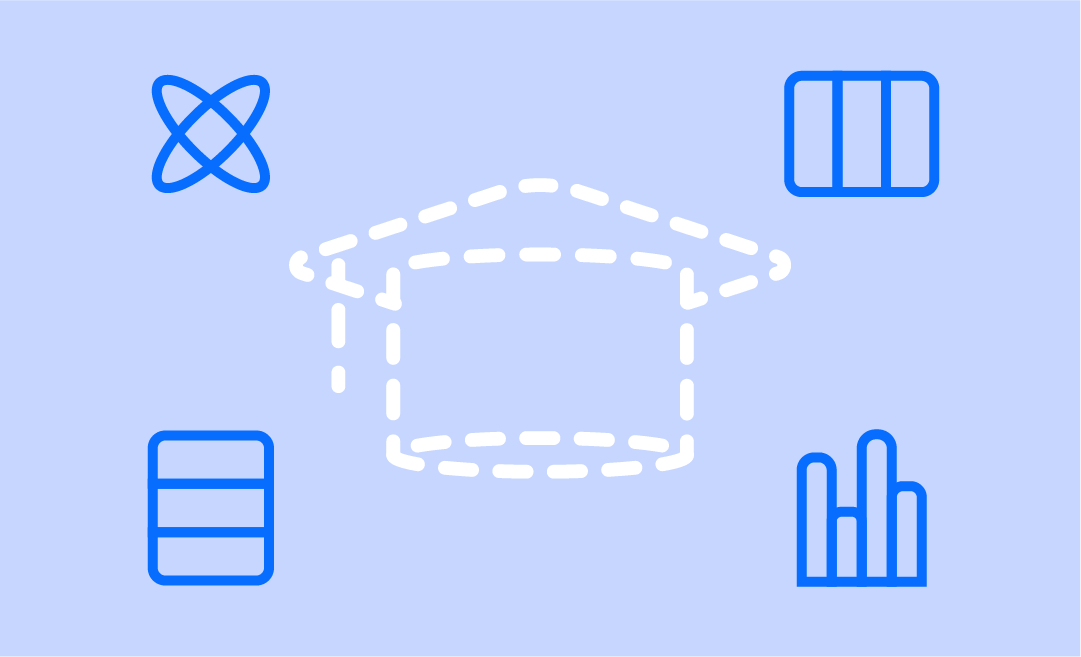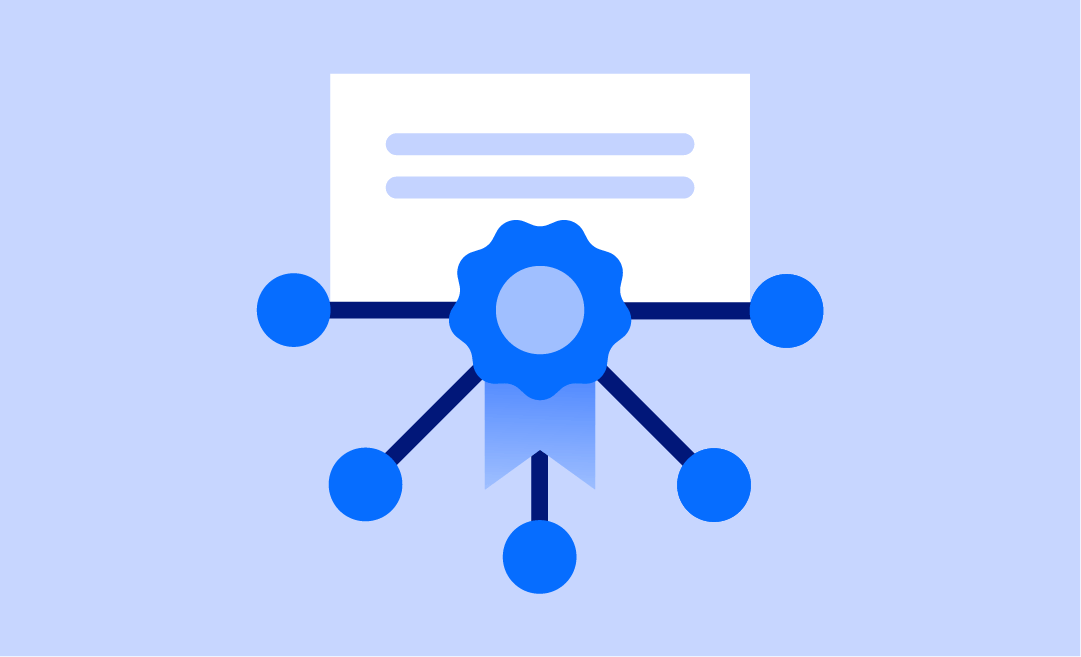How to Become a Data Scientist Without a Degree: Alternative Routes and Strategies
The author of this article is tech expert Pieter Murphy.

Many aspiring professionals want to figure out how to become a data scientist without a degree. Data science is an exciting field, and data scientists are in demand. As a result, positions aren’t just plentiful; the related job opportunities are often incredibly lucrative.
But do you need a degree to be a data scientist? Ultimately, a computer science degree is helpful, but having a Bachelor’s or Master’s degree in computer science or another relevant discipline isn’t always required. Essentially, you can be a data scientist without a degree. You’ll just need to use an alternative route to make it happen.
If you’re interested in becoming a data scientist without a degree, here’s what you need to know.
Determine Your Goals
Getting into data science without a degree requires a bit of planning. Typically, the first step you must take is outlining your career goals. The data science field is vaster than many professionals outside of the niche expect. There are specializations that focus on big data, artificial intelligence (AI), machine learning (ML), database management, data mining, and more.
By determining which specialty is most enticing, it’s easier to manage your upcoming journey effectively. You’ll know which data science skills provide you with the most value, ensuring you properly plan as you learn data science.
In many cases, you’ll want to do some research to identify your ideal path. One solid place to begin is looking at job descriptions in vacancy announcements. By doing so, you can find out more about what the various roles entail, allowing you to determine which options are the best fit.
Another approach that’s highly effective involves conducting informational interviews. With this, you’ll speak with professionals who actively work in roles you’re considering for your data science career. Then, you can ask questions about their responsibilities and work environment, making it easier to figure out which option is the best fit.
If possible, talk to professionals who used the traditional college graduate route to launch their careers, as well as those who used self-teaching over becoming a grad. That way, you get the most comprehensive picture of whether you need a degree to become a data scientist in that specialty area.
Select Your Course of Study
If you’re going to become a data scientist without a quantitative degree, you need to design a course of study that ensures you know the fundamentals — such as the answer to the question, “What is data science?” — and provides you with critical technical skills. Typically, there are two core approaches that work well: self-study and bootcamps or online courses.
Self-study means teaching yourself using a variety of resources. You might read books on the subject, watch videos, engage in forums, review online study guides, attend webinars, do test tasks, and more. Typically, this approach is less regimented than traditional degree programs, as you can dive into the topic in any way that you see fit. However, it still requires planning to ensure you’re building the necessary knowledge and capabilities. While creating your own curriculum is challenging, there are a lot of data science materials for self-study that can get you moving in the right direction.
However, if you want some structure, bootcamps or online courses focused on data science are potentially a better fit. With a bootcamp, you’re essentially getting intensive training in the topics covered. For example, you’ll acquire skills related to data sets, data visualization, predictive models, programming languages, data analysis, and more.
Online data science courses are usually focused on a core topic or concept. The main difference between using online classes to get a data science job without a degree and pursuing a degree is you can pick and choose the courses you attend. You can often avoid specific data scientist requirements found in many degree programs — such as history or art — that don’t relate to your area of study.
You can often avoid specific educational requirements found in many degree programs — such as history or art — that don’t relate to your area of study. Essentially, it’s a way to break free from a conventional degree while still having a similar educational experience, allowing this approach to serve as a happy medium.

Learn Programming Languages
During your self-taught journey, you’ll not only need to learn the IT language of data analysts; you’ll also need to become proficient in key programming languages. While having an understanding of nearly any programming language is potentially valuable, specific ones are used widely in the field. As a result, honing the right ones is essential if you want to become a data scientist without a CS degree.
Precisely which programming languages are necessities may vary depending on your specialty. However, certain ones are wise additions regardless of your niche.
For example, Python is highly popular and widely used in the world of data science. It’s highly versatile, and there are many powerful libraries you can leverage. Plus, it works well for automation, AI, and ML.
R is another programming language that provides data analysts and scientists with plenty of value. It’s explicitly designed for data science, assisting with data visualization, processing, and manipulation. Additionally, it supports ML and statistical computing.
It’s also critical not to overlook SQL. Since data scientists often engage with databases, knowing SQL makes editing and extracting data from databases easier.
However, those languages just serve as a starting point. Here is a quick list of programming languages that are worth considering if you want to get into data science without a degree:
Python
R
SQL
Java
JavaScript
C/C++
MATLAB
Scala
Julia
SAS
Acquire Practical Experience
Practical experience allows you to hone critical data science skills and demonstrate that you have the necessary competency to work in a related role. While getting real-world experience before you officially land a data science job may seem tricky, there are several strategies that work well.
First, if you’re currently employed in a tech position, look for stretch projects that let you dabble in data science. It’s a great way to expand your capabilities while having support from skilled colleagues.
Second, explore internships or volunteer positions. Internships are classically learning-oriented, so employers are more open to hiring a professional with little (if any) direct experience. Volunteer roles may similarly have less stringent requirements, and you may get a chance to work with an experienced counterpart, making it a valuable learning opportunity, too.
Finally, you can consider a side project. This approach is trickier, as you’re designing the experience yourself. Still, it is worth considering.
Create a GitHub Profile
While it may not seem like a critical step for getting a data science job without a degree, creating a GitHub profile works in your favor. There are many open-source projects on GitHub, including a slew focused on data science. Once you have an account, you can peruse different projects, giving you a valuable resource for learning.
Plus, GitHub is highly collaborative. You can engage with others about their projects and may even have the ability to contribute to something exciting. GitHub is also a place to showcase your passion for the field or specific projects. You can also list your projects on GitHub, allowing you to increase your exposure, receive feedback, and more. Since it’s cloud-based, it also serves as storage for your projects, ensuring they’re safe and accessible even if your computer fails.
Your GitHub profile is also something you can share with prospective employers. It’s a simple way to highlight your projects or past efforts, allowing them to learn more about what you bring to the table.
Boost Your Online Presence to Highlight Your Abilities
As you hone your data science skills, you’ll want to update your online presence to showcase your expanding capabilities. That makes it easier to market yourself to prospective employers, as it’s easier to demonstrate the value you provide.
Precisely how you go about boosting your online presence may vary, but a few specific steps typically work well. First, update your LinkedIn profile. Make sure your headline and summary are targeted to the type of job you’re hoping to land. Additionally, refresh your skills, experience, education, volunteering, and other sections to capture details about your evolving abilities.
Updating other social media profiles that you use in a professional capacity is similarly wise. Facebook is a site that many people use in a career-oriented capacity, so brushing up your profile there is often worthwhile.
At times, launching your own professional website is worth considering. Your website can work as a resume and gives you space to house a portfolio of your data science projects. Plus, you can create a blog that helps showcase your expertise, which can work in your favor.

Strive for Your Dream Data Science Job
It’s critical to note that there are employers who wholeheartedly believe data science requires a degree, so they may state that a degree is necessary, even for an entry-level role. However, many hiring managers view the situation differently. They’ll treat a self-taught data analyst or data scientist as a potential asset, particularly if they can prove they have the right technical skills to handle the associated responsibilities.
As you prepare to find your dream data science job, make sure to refresh your resume. You want to make sure that the content targets the kind of role you’re hoping to land, so you may need to update it across the board to reposition your experience so it aligns with that type of job.
Also, as part of data science interview preparation, it’s wise to practice answering widely used interview questions that relate to the specialty area you’re pursuing. That gives you a chance to familiarize yourself with your responses, ensuring you can deliver them comfortably.
At this point, leveraging your network also works in your favor. By enlisting support from people who know you in a professional capacity, you may have an easier time accessing career-launching opportunities. Plus, some members of your network may serve as referrals, increasing the odds that your resume ends up in front of a hiring manager.
Finally, understand that this journey can take a little time, but it’s worth taking. By remaining diligent during your job search and applying to numerous openings, you’ll ultimately increase your chances of securing a data science position.
Data Science Jobs That Don’t Require a Degree
Now that you know more about how to become a data scientist without a degree, it’s time to explore the types of positions that are available. Technically, any data science job may accept applicants that aren’t college graduates. However, the chance that a degree is a must-have is significantly lower for specific roles.
Here is a list of data science jobs that don’t require a degree in many cases:
Business analyst
Data analyst
Data collector
Data engineer
Data scientist
Data specialist
Healthcare analyst
Junior analyst
Marketing analyst
Product analyst
Qualitative analyst
Quantitative researcher
When you explore positions such as those above, you may need to focus on entry-level opportunities. Typically, entry-level jobs are the least stringent when it comes to past experience or education. As a result, hiring managers are potentially more open-minded when it comes to how you acquired your skills.
However, you may be able to explore higher-level options if your past positions — including traditional jobs, internships, or volunteer roles — involved some level of data science duties or responsibilities. In this case, you need to ensure that your resume showcases your data science-related responsibilities in your previous roles and that you have suitable examples of your work to share. If you do, then leveraging that experience is possible, allowing you to start your career or change to a data scientist.

.png)
